Steering the Intricate Protection Landscape of Virtual Computing in Multi-Unit Residences
Steering the Intricate Protection Landscape of Virtual Computing in Multi-Unit Residences
Blog Article
Cloud-based technology has turned into an essential part of our daily lives, particularly in multi-residential units like flat buildings and condominiums. These environments often have many tenants sharing the same internet connection and digital resources. While cloud computing provides many benefits, such as simple access to information and applications, it also introduces unique security challenges. Comprehending these challenges is vital for inhabitants and property managers to guarantee that their information stays safe and secure.
One of the main concerns in multi-dwelling units is the threat of unauthorized access to sensitive information. When numerous users share the same connection, it can be easier for hackers to breach the system. This is especially true if the system is not properly secured. Residents should be cognizant of the importance of using robust passwords and enabling two-factor verification whenever possible. Building managers can also help by ensuring that the property's Wi-Fi network is secured with encryption and frequently updated security protocols.
Another significant issue is information privacy. In a common environment, personal information can be more vulnerable to attacks. For instance, if one resident's device is compromised, it could possibly expose the data of others on the same connection. To reduce this risk, residents should be cautious about the data they disclose online and be aware of the applications they use. Additionally, property managers Discover More Here can establish policies that encourage safe internet practices among residents, such as regular workshops on cybersecurity awareness.
Cloud computing providers also have a crucial role in maintaining security in multi-dwelling units. These providers are responsible for protecting the data stored in their platforms. It is important for residents and property managers to choose trustworthy providers that prioritize safety measures, such as data encryption and routine security checks. By choosing trustworthy cloud services, users can minimize the threat of data breaches and ensure that their data is managed with care.
Finally, continuous education about cloud security is essential for all parties involved. As tech evolves, so do the tactics used by cybercriminals. Frequent training sessions and updates on the latest security practices can help residents and building managers remain informed. By cultivating a culture of safety awareness, multi-dwelling units can establish a more secure digital environment for all residents. In conclusion, while cloud computing provides many benefits, it is important to navigate its complex security landscape carefully to protect personal information and ensure a safe living environment.